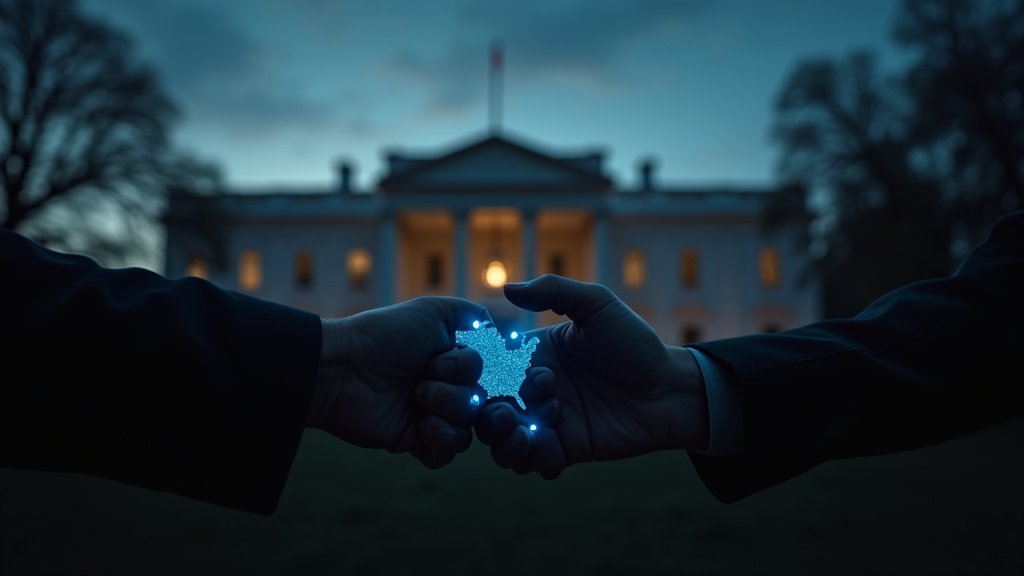Industry leaders are issuing a clear call to action: it is time for loyalty programs to embrace artificial intelligence to ensure their relevance and effectiveness in a rapidly evolving consumer landscape. This urgent message comes ahead of the 2025 Asia Pacific Loyalty Conference, where the strategic integration of AI is expected to be a central theme.
The Australian Loyalty Association (ALA), a key voice in the sector, has been at the forefront of highlighting the critical need for this transformation. According to the ALA, the upcoming conference will place significant emphasis on how retail AI, advanced personalisation techniques, and core principles of customer loyalty must converge to meet modern demands.
The Urgent Call for AI Adoption: Why Now?
The impetus for this shift is rooted in both technological capability and shifting consumer expectations. ALA Founder and Director Sarah Richardson underscores AI’s transformative potential within the loyalty ecosystem. “AI is a powerful agent of change,” states Richardson. It holds the capacity to significantly accelerate operational processes, deliver a vastly improved customer experience, strengthen the depth and accuracy of personalisation, and provide data-driven insights that shape strategic business decisions.
The traditional approaches to loyalty are proving insufficient as customers become more discerning and data-rich technologies offer new possibilities. Future-proofing loyalty programs, experts argue, means moving beyond simple point accumulation and towards dynamic, hyper-personalised interactions powered by intelligent systems.
Key Themes for the Asia Pacific Loyalty Conference 2025
The 2025 Asia Pacific Loyalty Conference agenda reflects this pivotal moment. Discussions are set to delve deep into the practical applications of AI in retail environments, exploring how it can enhance everything from inventory management relevant to loyalty redemptions to predictive analytics for customer behaviour.
Personalisation, long a buzzword in marketing, is reaching new levels of sophistication with AI. The conference will examine how AI can enable brands to move beyond basic segmentation to truly individualised offers, communications, and experiences that resonate with each customer.
Ultimately, these technological discussions tie back to the core objective: fostering deeper, more enduring customer loyalty in an increasingly competitive market. The conference aims to provide attendees with the knowledge and strategies necessary to navigate this complex intersection of technology and customer relationships.
The Personalization Paradox: Customer Demands vs. Data Concerns
Driving the conversation is recent research conducted by the ALA, which reveals a nuanced and somewhat contradictory set of consumer sentiments regarding loyalty programs and data usage. The findings highlight a significant tension between customers’ desire for tailored experiences and their apprehension about the data required to deliver them.
The research indicates that a substantial 46% of loyalty program members expect brands to inherently understand their preferences without explicit prompting. This underscores a demand for intuitive, seamless personalisation.
Furthermore, a majority of members are willing to engage with data sharing under specific conditions. 58% are willing to share their data if it results in receiving relevant, valuable offers. This suggests that utility and perceived benefit are key drivers for data consent.
However, this willingness is tempered by considerable concern. A significant 53% of members expressed concern regarding the sheer volume of data held by loyalty programs. This finding points to ongoing privacy anxieties and the need for brands to be transparent and responsible stewards of customer information.
This “personalization paradox” – the expectation of deep understanding coupled with concerns about data volume – presents a significant challenge that AI is uniquely positioned to help address. By using AI to process data intelligently and derive insights for targeted, rather than indiscriminate, offers, brands can potentially build trust while still meeting personalization demands.
Understanding Consumer Communication Preferences
The ALA research also sheds light on how customers prefer to receive communications from loyalty programs, a critical aspect of engagement. The findings reveal a strong preference for established channels:
* 75% prefer receiving communications via email. Email remains the dominant and most accepted channel for loyalty program updates, offers, and information.
* Only 35% are open to receiving communications via text messages (SMS). This suggests that text messaging is viewed with more caution for general communications.
* Crucially, 68% want SMS messages reserved exclusively for urgent updates. This indicates that unsolicited or non-critical SMS messages may be unwelcome and could potentially damage the customer relationship.
These communication preferences provide vital guidance for brands designing their outreach strategies, emphasizing the need for channel appropriateness and respecting customer boundaries.
Navigating the Path Forward
The insights from the ALA’s research and the impending focus of the 2025 Asia Pacific Loyalty Conference highlight a critical juncture for loyalty programs. The future clearly involves AI, not just as a technological add-on, but as a foundational element for delivering the sophisticated, personalised experiences that customers now expect.
Addressing the consumer’s demand for personalisation while simultaneously alleviating concerns about data privacy requires a strategic, AI-driven approach to data management, analysis, and application. The successful navigation of the “personalization paradox” and the respectful use of preferred communication channels will be key determinants of a loyalty program’s ability to foster lasting customer relationships.
As industry leaders gather at the 2025 Asia Pacific Loyalty Conference, the discussions around retail AI, personalization, and customer loyalty, guided by insights from organizations like the ALA, will be crucial in charting the course for the next generation of loyalty programs – programs that are not only engaging but also future-proof in an AI-powered world.










